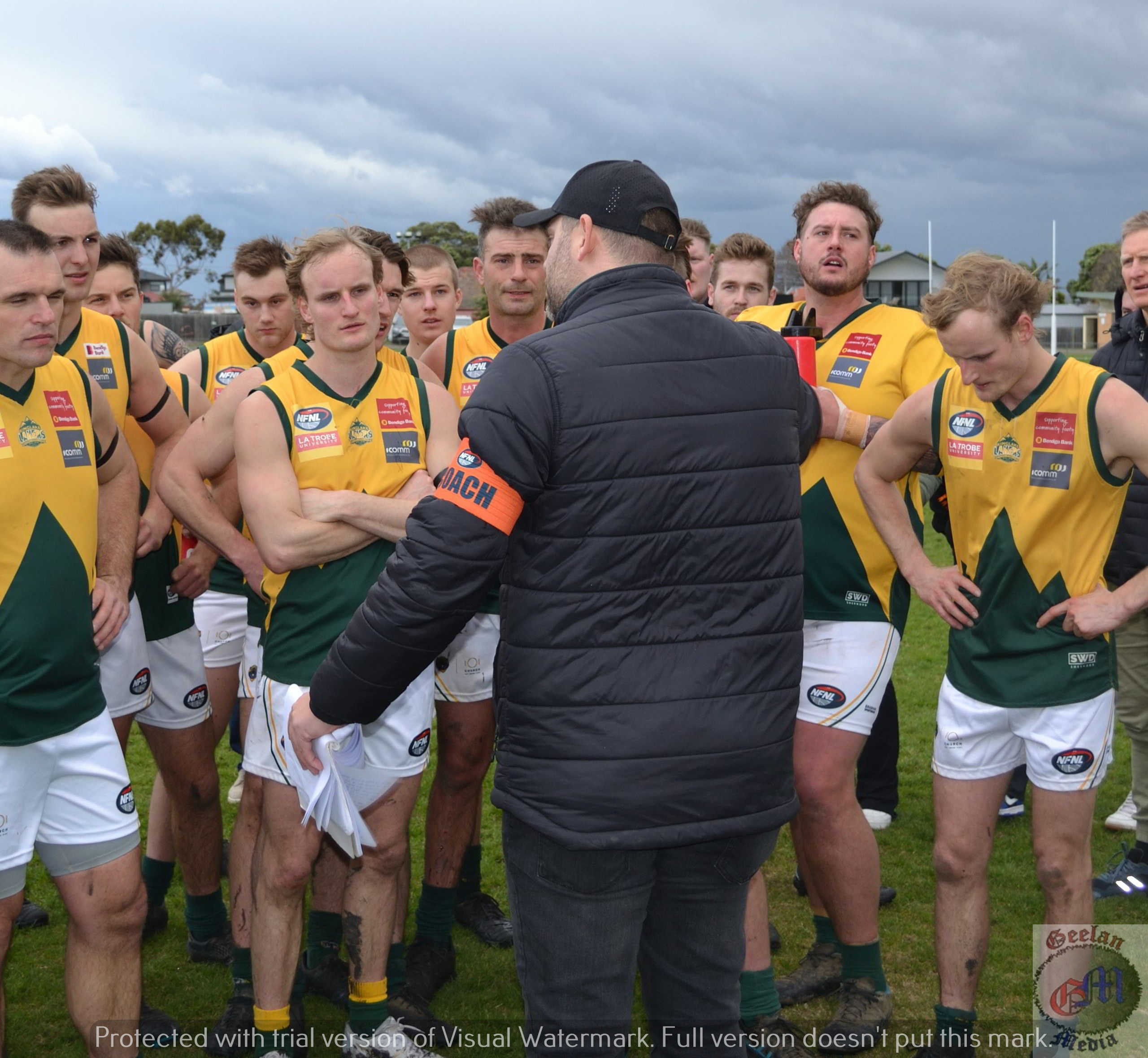Whilst city reporters for Melbourne’s major media outlets turn up at events and report, rural reporters are often part of their community as much as the local CFA, SES and other community organisations. Ashley Geelan explains.
Journalists from the city are sent by editors all over Melbourne and Victoria to report on major events, such as Black Saturday. Once they’ve filed their story(s) they go back to Melbourne and go home to whichever suburb or town they live in and that’s the end of it.
It doesn’t work that way for rural reporters.
Rural journalists often live in the communities of which they report and held to account directly by the communities they report for – and those that reside within them – than city journalists. Whilst The Age and Herald Sun may get ‘Letters to the Editor’ complaining or critising an article, in a small rural town you’ll be told to your face what readers think. Good or bad.
That’s why if I walk into the Kinglake or Whittlesea Pub or attend local sports it’s usually “G’day ‘Scoop’ how are you?” Or “Fuck off, we don’t want you here.” This depends on how those making said comments feel about recent articles.
One day you could walk into the local pub and be praised for your work, the next day the same person could be calling you all kinds of nasty things.
Writing an article for one community group may upset another community group. Instantly one community group and its’ members love your work and the other community group isn’t impressed. On both occasions, you’ll be told such.
One means you may get a free beer, the other means you’ll have said beer poured over you or thrown at you.
All journalists make mistakes (as we all do in our employment and lives) but rural reporters are called out for it much sooner and often more unfairly than their city counterparts.
That’s why today, on the 10th Anniversary of Black Saturday (of which this reporter provided information hours before any emergency broadcast or ABC News) we have decided to not attend Kinglake’s (or any other affected communities) Memorial Service.
As a Kinglake resident who fought the fires in town, I have every right to attend tonight’s service. But I won’t be.
I could turn up without notepad, pen, camera or phone – I could even turn up naked – but some would think that I was still “being a reporter” at a media-free event. It could trigger something and I risk becoming the story. That’s because, just like Kinglake’s CFA captain, one becomes known as the town reporter, even when not reporting anything at all.
If a city reporter turns up at a media-free Memorial Service this afternoon they’ll probably cop some slack before going home to Melbourne and maybe a few complaints. That’s it. Move on. Next story.
If a rural reporter turns up, They’ll be hearing about it for months -possibly years – to come. If they don’t turn up, they’ll still be hearing about it for years to come for not “providing coverage of an important event.” Damned if you do, damned if you don’t.
Rural reporters are much more accountable to the communities they report on than their city and suburban counterparts. That accountability isn’t a letter to the editor. It’s direct, in your face, and there is nowhere to hide.
You go down the street to grab some milk and bread. Perhaps it’s the shop owner. Another customer. You will be told, directly, what they think of your most recent articles.
The upside is that rural reporters have to learn ‘on the go’ and I believe it makes one a better – and more accountable – journalist. You don’t get to go back to Melbourne and ‘move on’ or hide.
You have to own your mistakes and learn from them. Fast.
I always wanted to be a regional reporter – not a city one – and wondered why so many journalists left rural reporting as soon as they could ‘get a gig’ in a Melbourne (or other) major newsroom.
I now know why.

























